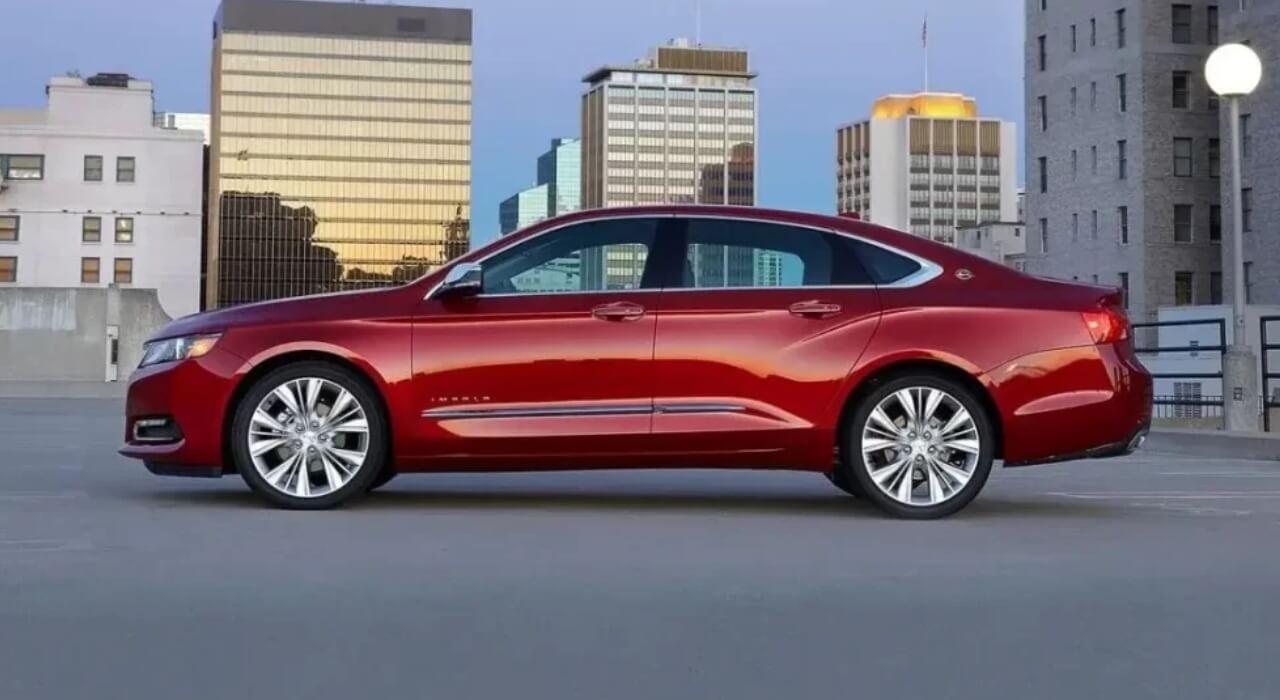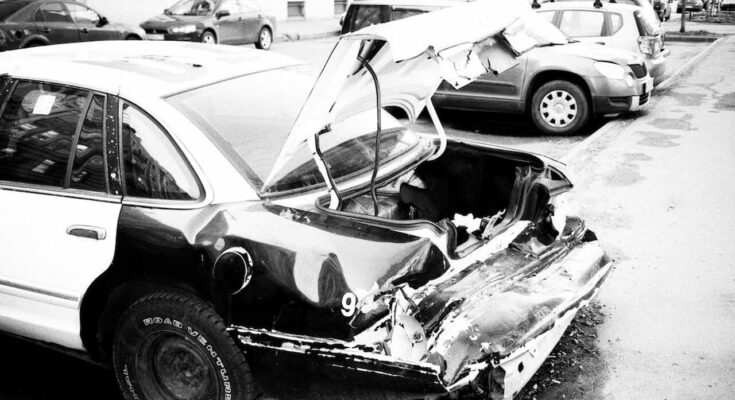Each year, auto accidents affect millions of people globally, not just physically and emotionally but also financially. The economic implications of these incidents form a complex web, spanning from individual expenses to broader insurance and legal systems.
This article aims to explore this intricate financial ecosystem, with a special focus on the role of insurance, particularly no-fault policies, and their wider economic impact. Understanding these dynamics is essential for anyone navigating the aftermath of an auto accident, from individuals to policymakers.
The Insurance Landscape
Auto insurance is a key player in the financial aftermath of a car accident, and its role varies significantly depending on the type of system in place: no-fault versus at-fault. The choice of system can have profound implications for how damages are compensated and the overall cost of insurance in a region.
No-Fault Insurance
In no-fault systems, like Arizona, drivers are compensated by their insurance company, regardless of who caused the accident. This model is designed to streamline the compensation process and reduce the burden on the legal system by limiting the ability to sue for damages. It’s intended to provide quick payouts but can lead to higher insurance premiums because of the broader coverage.
At-Fault Insurance
Contrastingly, the at-fault model places financial responsibility on the driver who caused the accident. This often requires more involvement from legal entities to determine fault, which can prolong the settlement process and increase legal expenses.
Costs Beyond Insurance
The financial impact of auto accidents extends beyond insurance claims. These can be categorized into direct and indirect costs, each with significant consequences for individuals and the economy at large.
Direct Costs
Immediate and tangible, these include medical expenses for injuries, costs for vehicle repair or replacement, and charges for emergency services. These costs can be substantial, often running into thousands of dollars per accident.
Indirect Costs
Less apparent but equally significant indirect costs encompass lost income due to inability to work, long-term healthcare for injuries, and psychological impacts, such as trauma and stress. The aggregate effect of these costs can be staggering, often exceeding the direct costs.
The Legal and Compensation Framework
The legal landscape surrounding auto accidents is deeply influenced by the prevailing insurance laws, which dictate the compensation process and the broader dynamics of legal accountability in auto accidents.
Suggestion: 7 Best Car Amplifiers For Perfect Sound – Review & Expert’s Guide
Impact of No-Fault Laws
Designed to simplify claims, no-fault laws also bring complexities in terms of limited compensations and varied applications in different regions. They represent a significant shift from traditional tort-based systems and have sparked debates about their efficacy and fairness.
Global Practices
Handling auto accident compensations varies internationally, reflecting diverse legal, cultural, and economic frameworks. This variety underscores the challenge of creating universally applicable solutions in the realm of auto accident compensations.
Behavioral Economics and Driver Behavior
The type of insurance model in place can subtly influence driver behavior, shaping how individuals approach driving from a risk perspective.
Also Check: 9 Affordable 300 Horsepower Cars Under $20K Review In 2023
Insurance Influence on Behavior
There’s an ongoing debate about whether no-fault insurance reduces the incentive for cautious driving. However, evidence on this is mixed. In response, many insurance companies use premium adjustments as a tool to encourage safer driving practices.
Safety Incentives
Insurers employ various strategies, such as discounts for safe driving records and the use of car safety features, to encourage safer driving. These incentives are not only financial tools but also serve to promote a culture of safety among drivers
Future Trends and Innovations
The auto safety and insurance landscape is undergoing rapid changes, driven by technological advancements and changing societal attitudes.
Emerging Technologies
Innovations like autonomous braking systems, collision avoidance technology, and, eventually, self-driving cars are expected to reduce accident rates significantly. These advances might necessitate a reevaluation of current insurance models.
Speculations on Insurance Evolution
The advent of self-driving cars will likely challenge the traditional notions of liability and fault in auto accidents, necessitating innovative insurance models and possibly new regulatory frameworks.
The financial implications of auto accidents form a multifaceted ecosystem heavily influenced by insurance models and legal frameworks. As vehicle technology advances and societal attitudes toward driving safety evolve, this ecosystem is poised for significant changes. Understanding these dynamics is crucial for stakeholders, from policymakers to individual drivers, as they navigate the complexities of the financial impacts of auto accidents. This knowledge is not just theoretical; it has practical implications for anyone who takes the wheel, providing insights into how we can collectively work towards safer and more economically sustainable roadways.



















